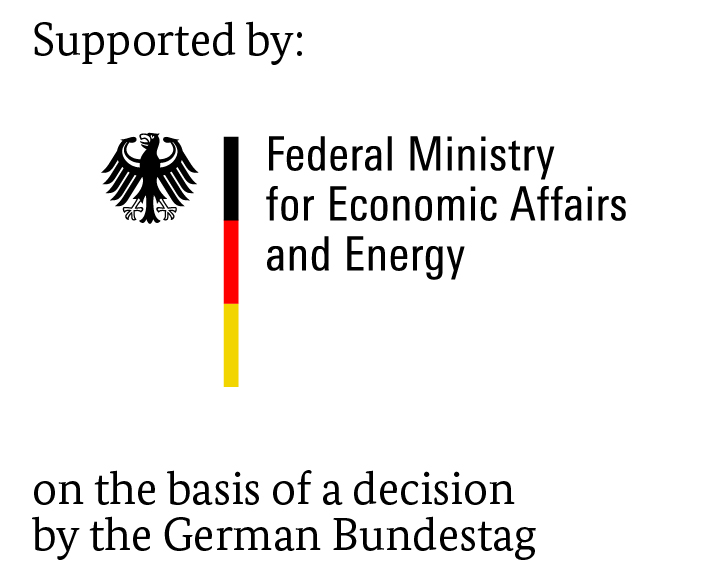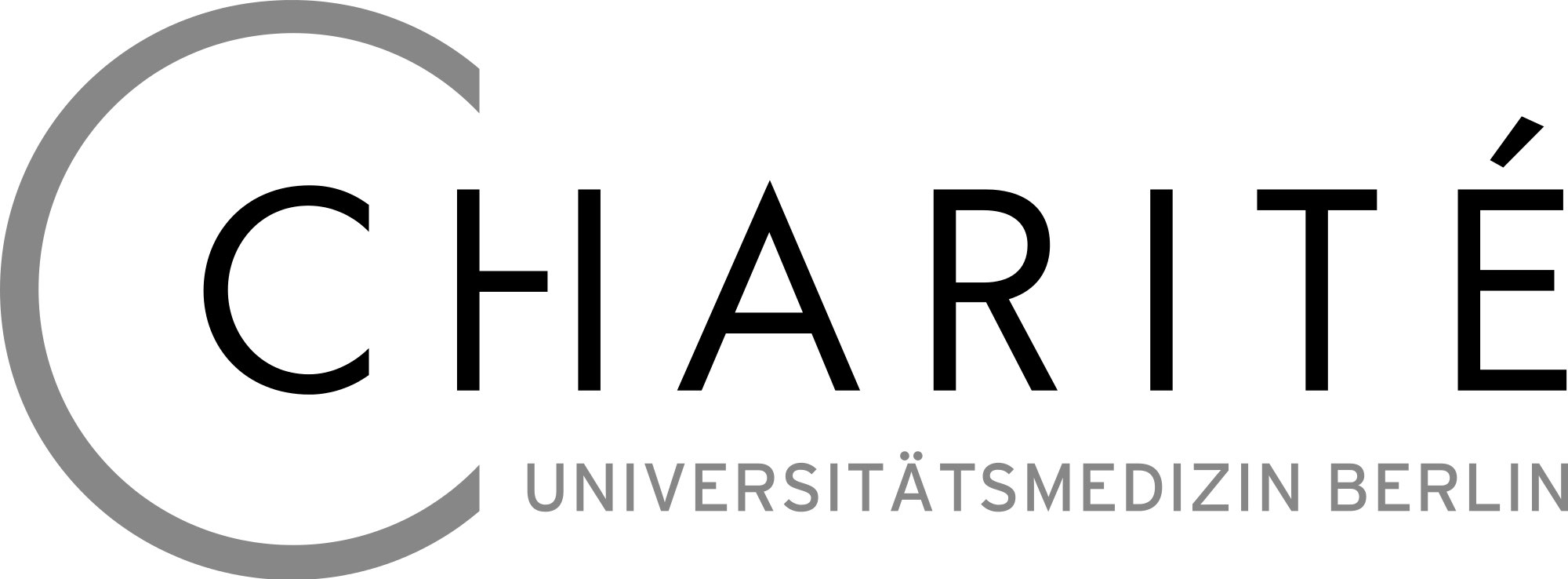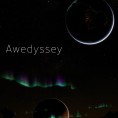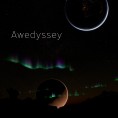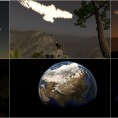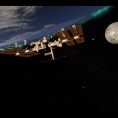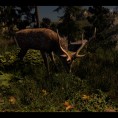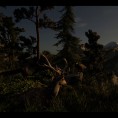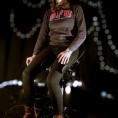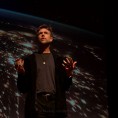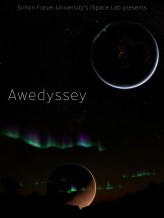
We are investigating and creating a new virtual reality (VR) experience, ‘Awedyssey’, for the promotion and enhancement of well-being. Today, digital technology pervasively intersects with our daily lives, and VR stands out as a digital tool capable of fostering positive emotion like awe, self-transcendence, and authentic social connection.
Connecting with nature is very important for our mental health and well-being. Self-transcendent emotions evoked by nature can contribute to restorative health benefits, but powerful natural phenomenon can be difficult to access for many people. Although research shows technology can help, we don’t know much about how to design these experiences. We attempted to inform this question through development of ‘Awedyssey’, a VR technologically-mediated tool for well-being.
We used self-transcendent emotion theory and transformative experience design to ground the design process and decisions. ‘Awedyssey’ has been deployed in two unique contexts: initially developed as VR sensory deprivation countermeasure experience, and as a part of several interactive public exhibitions. Insights from these contexts inform the nature of designing complex emotional experiences, specifically in consideration of diversity of individuals, and plurality of designing for realism, autonomy, vastness, and comfort.
Awedyssey was designed with the following goals:
- Supporting well-being, promoting relaxation
- Evoking a feeling of connection
- – to self
- – to humanity
- – to nature
- – to earth
- Countering feelings of isolation
- Facilitating feelings of awe and wonder
- Visual and emotionally stimulating experience
- Meaningful introspection, meditation, refection.
Readers can learn more about the design of Awedyssey, its evaluation, and recommendations for research design practice in our 2023 ACM DIS publication.
Publications and exhibits
Related Projects
SIRIUS — Virtual Earthgazing to mitigate effects of sensory isolation
Virtual Earthgazing — towards an overview effect in Virtual Reality
Support & Acknowledgement
The project is supported through SSHRC Small institutional grant; Prior versions of ‘Awedyssey’ were developed and studied through the DLR grant 50WB1915 and ESA project AO-SIRIUS-2019 (PI: Dr. AC Stahn, Charité Berlin, see SIRIUS for details) and additional support via SSHRC and NSERC.


